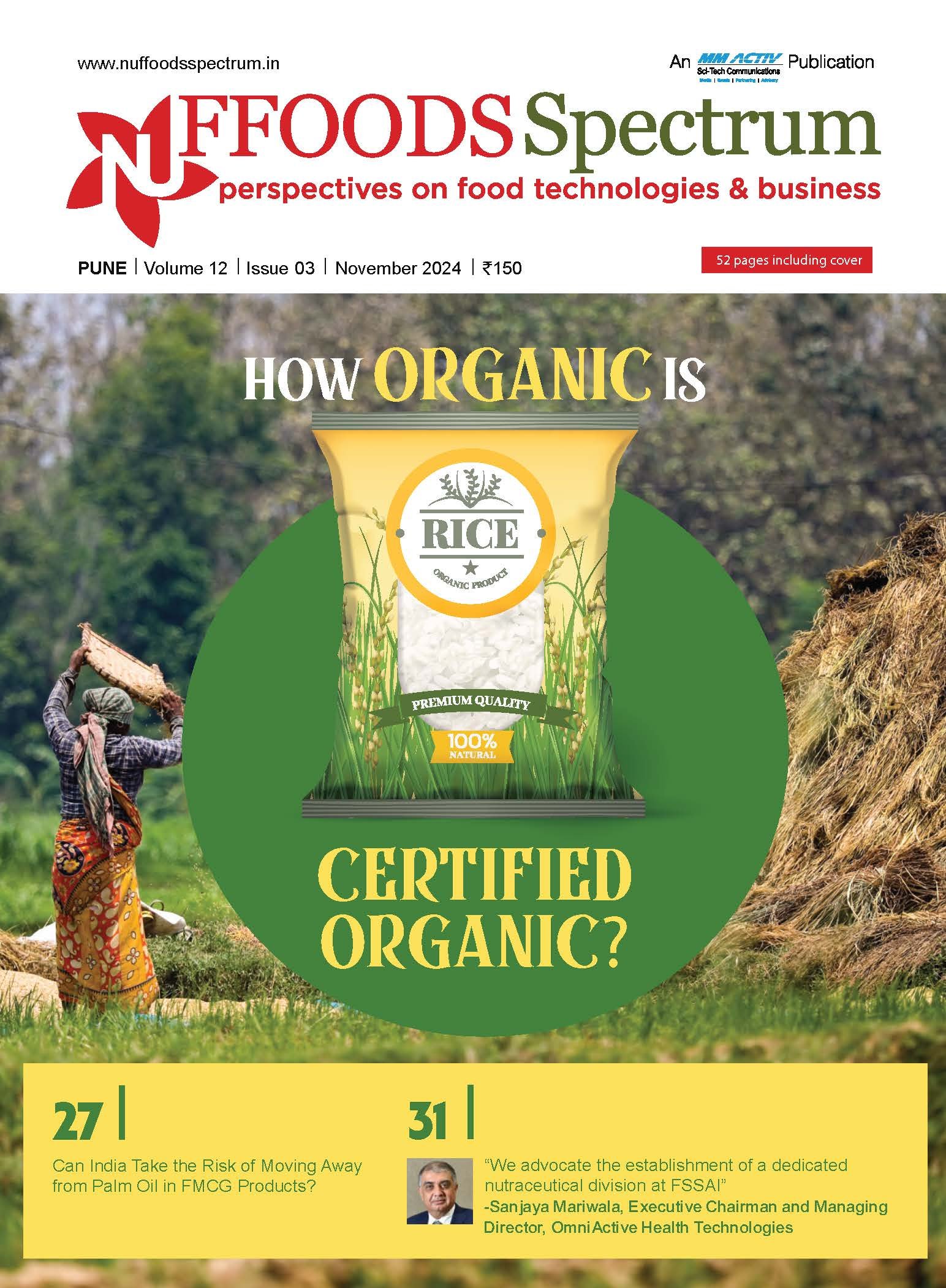Inside BENEO’s new pulse plant: pioneering sustainable protein from faba beans
There are several cases in the Indian food industry in which manufacturers have tailored the regulatory processes as per their will
The Indian market is constantly flooded with a growing number of new organic products that appear to be both healthy and unique. The wide variety of choices and the bold claims made by these items raise concerns about the truthfulness of their promises and the genuineness of the products themselves. Almost all products that are claimed to be organic in India have logos such as Jaivik Bharat, India Organic Logo (NPOP certified), and Participatory Guarantee System (PGS), India. However, what about the process behind getting these logos and certificates? Although these processes are said to be government-led, have we ever taken a minute to know if these processes are manipulated or not? There are several cases in the Indian food industry in which manufacturers have tailored the regulatory processes as per their will. Then why couldn’t this be the case in terms of “certified organic” products? Let’s get to the bottom of this conundrum.
Randy Constant, a farmer from Missouri orchestrated what is considered the largest known fraud in the history of American organic agriculture, valued at $142 million. Constant’s scheme involved selling non-organic grains—primarily corn and soybeans—as certified organic, deceiving buyers and undermining the integrity of the organic food market. His fraudulent activities spanned over a decade, during which he exploited the organic certification process to his advantage. Federal investigators uncovered the extent of his deception, leading to his indictment and subsequent legal troubles. Facing the prospect of a lengthy prison sentence, Constant took his own life in August 2019, shortly after pleading guilty to the charges. Venky Ramachandran, agritech analyst, consultant, and researcher at Agribusiness Matters (Hyderabad-based agritech research, and consulting firm) said, “I bought an organic puffed rice packet (poha) in a nearby supermarket. I scanned the QR code and it gave me the name of the farmers. It still doesn’t tell me how these farmers grew the food. Which cropping practices did they follow? Did they use organic seeds or did they buy hybrid seeds from the market and soak them in ‘beejamrutam – a mixture of cow urine, cow dung and neem oil to remove the chemical coatings in the seeds’? Of course, I am asking for a lot more when there is no clear government policy so far on organic seed.” Many food and agri enthusiasts like Ramchandran are not so satisfied with the organic claims of the food manufacturers. However, for the consumers, the picture is different or we can say it’s portrayed differently.
To read more click on the link:https://nuffoodsspectrum.in/e-magazine

